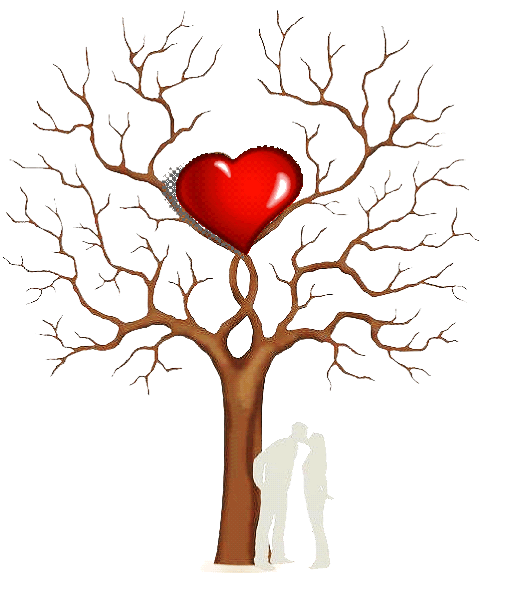Motto: “Planting Seeds to Help You Grow”
|
One of the most exciting aspects of coming to college is meeting new people. Romantic relationships may also develop and bring out the best in ourselves and others. However, even the healthiest relationships will experience times of confusion, and challenges. Problems may occur when two people have conflicting expectations of the relationship, are distracted by other academic or personal issues, or have difficulty communicating in ways that their partner can really hear and understand. |
 |
What makes a relationship healthy? Whether it’s between friends or intimate partners,
there are certain characteristics that need to be in place. This includes the presence
of mutual respect, a willingness to listen, an ability to share one’s thoughts and
ideas and feelings of being appreciated. The individuals in the relationship feel
supported and cared for by the other person.
|
Sometimes college students find themselves in romantic relationships that make them unhappy, that do not enhance their self-esteem, and that contain a lot of conflict. A first step in figuring out how to create a healthy relationship or to know whether you are in an unhealthy relationship, is to be clear about the characteristics of both. Therefore, we offer the following lists of characteristics to help you clarify the nature of your current romantic relationship and/or to help you determine what to look for in future relationships.
|
You are in a healthy relationship when:
|
You are in an unhealthy relationship when:
|
|
What you should do if you are in an Unhealthy Relationship:
|
How to Help a Friend who is in an Unhealthy Relationship: • Tell your friend directly that you believe that she/he is in an unhealthy relationship;
|
If you are feeling distressed about a relationship, you may wish to consider individual or couples counseling. Counseling can help you identify problematic patterns in your current relationship and teach you more effective ways of relating. If you are grappling with a relationship problem and would like some help, we encourage you to contact Student Counseling Wellness & Resource Center (318)274-3338.